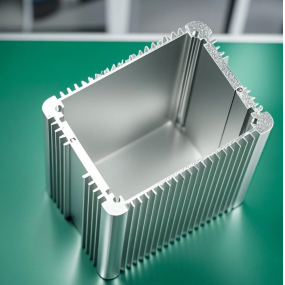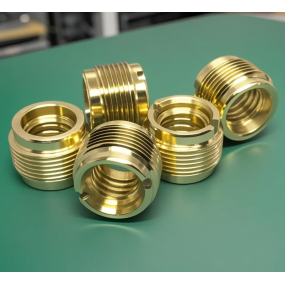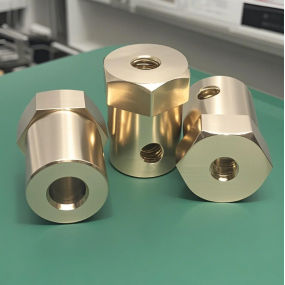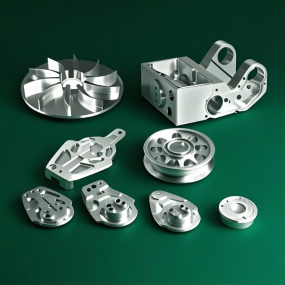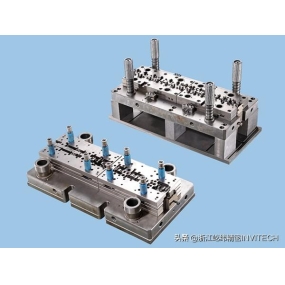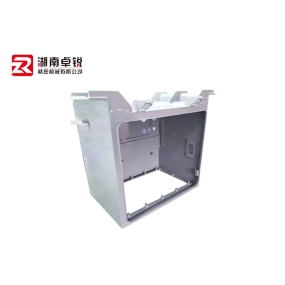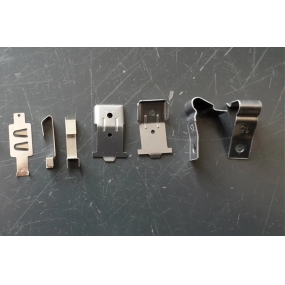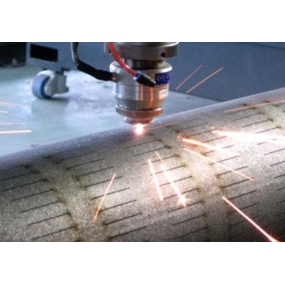Mechanical processing and numerical control processing are two different processing methods, and there are some differences between them.
Firstly, mechanical processing refers to the process of using traditional machine tools for machining. These machine tools include milling machines, drilling machines, grinding machines, lathes, etc. In mechanical processing, operators need to manually control the movement of the machine tool and the machining depth of the cutting tools according to the processing technology and drawing requirements. The processing process of this method is relatively simple, but it requires workers to have certain technical experience and proficiency.
Numerical control machining refers to the process of machining machine tools through a computer control system. Numerical control machining mainly relies on digital programming and automated control systems, which enable the machine tool to process according to specified paths and speeds through pre-set programs. In CNC Machining, the operator only needs to be responsible for writing the machining program, and then inputting the program into the computer control system, and the machine tool will execute the corresponding machining operation according to the program. Compared to mechanical processing, CNC machining has a higher degree of automation and accuracy.
Secondly, the precision of mechanical machining and CNC machining differs. Due to the fact that mechanical processing is controlled by manual operation, the technical level and experience of the operators have a significant impact on the machining accuracy. Numerical control machining can accurately control the machining process through pre-set programs, thereby improving machining accuracy. In addition, CNC machining can also perform automatic compensation, adjusting the program according to the degree of wear of the machine tool to maintain the stability of machining accuracy.
In addition, the production efficiency of mechanical processing and CNC processing also varies. Due to the manual operation required for mechanical processing, the processing speed is relatively slow, while CNC machining can automatically perform processing operations according to the settings of the processing program, improving production efficiency. Therefore, in situations where large-scale production is required, CNC machining is more suitable.
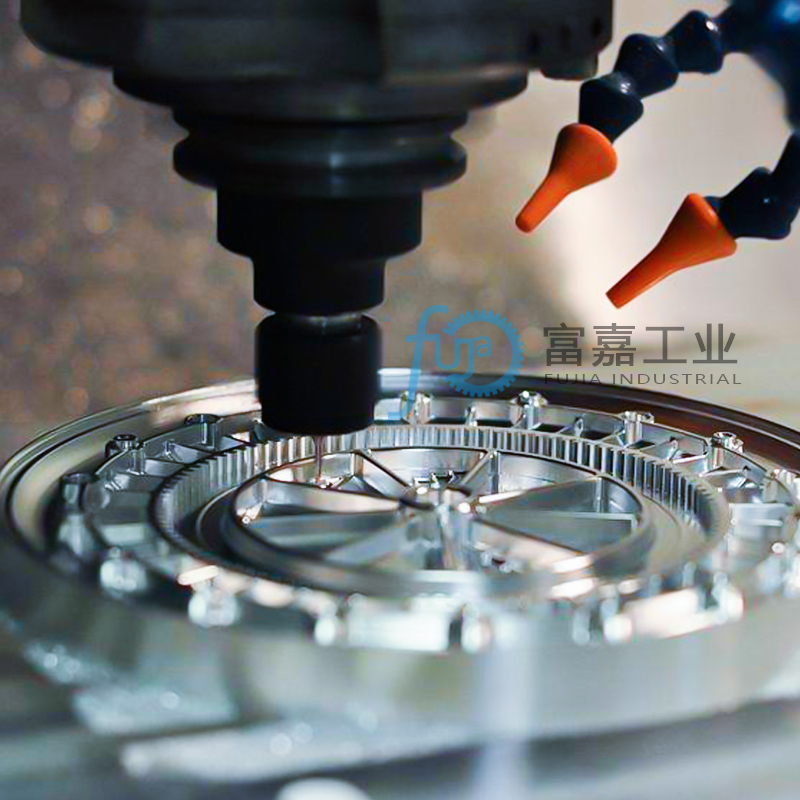
In addition, there are certain differences in the scope of application between mechanical processing and numerical control processing. Mechanical processing is suitable for processing some simple parts, such as holes, slots, excavations, etc. And CNC machining can perform more complex machining, such as surface machining, combination machining, etc. Numerical control machining can also perform multi axis linkage according to the requirements of the machining task, achieving more precise and complex machining operations.
In addition, CNC machining also has some other advantages. Firstly, CNC machining allows for continuous processing without the need for downtime or tool changes, thereby improving production efficiency. Secondly, CNC machining can produce multiple varieties and small batches to adapt to changes in market demand. In addition, CNC machining can also perform simulation machining, reducing the time and cost of experimentation and adjustment through computer simulation of the machining process.
In short, mechanical machining and numerical control machining are two different processing methods. Mechanical processing relies on manual operation, with relatively slow processing speed, low accuracy and stability, and is suitable for simple part processing. Numerical control machining relies on computer control, has a high degree of automation and machining accuracy, and is suitable for complex part machining and large-scale production.


 Spanish
Spanish Arabic
Arabic French
French Portuguese
Portuguese Belarusian
Belarusian Japanese
Japanese Russian
Russian Malay
Malay Icelandic
Icelandic Bulgarian
Bulgarian Azerbaijani
Azerbaijani Estonian
Estonian Irish
Irish Polish
Polish Persian
Persian Boolean
Boolean Danish
Danish German
German Filipino
Filipino Finnish
Finnish Korean
Korean Dutch
Dutch Galician
Galician Catalan
Catalan Czech
Czech Croatian
Croatian Latin
Latin Latvian
Latvian Romanian
Romanian Maltese
Maltese Macedonian
Macedonian Norwegian
Norwegian Swedish
Swedish Serbian
Serbian Slovak
Slovak Slovenian
Slovenian Swahili
Swahili Thai
Thai Turkish
Turkish Welsh
Welsh Urdu
Urdu Ukrainian
Ukrainian Greek
Greek Hungarian
Hungarian Italian
Italian Yiddish
Yiddish Indonesian
Indonesian Vietnamese
Vietnamese Haitian Creole
Haitian Creole Spanish Basque
Spanish Basque

